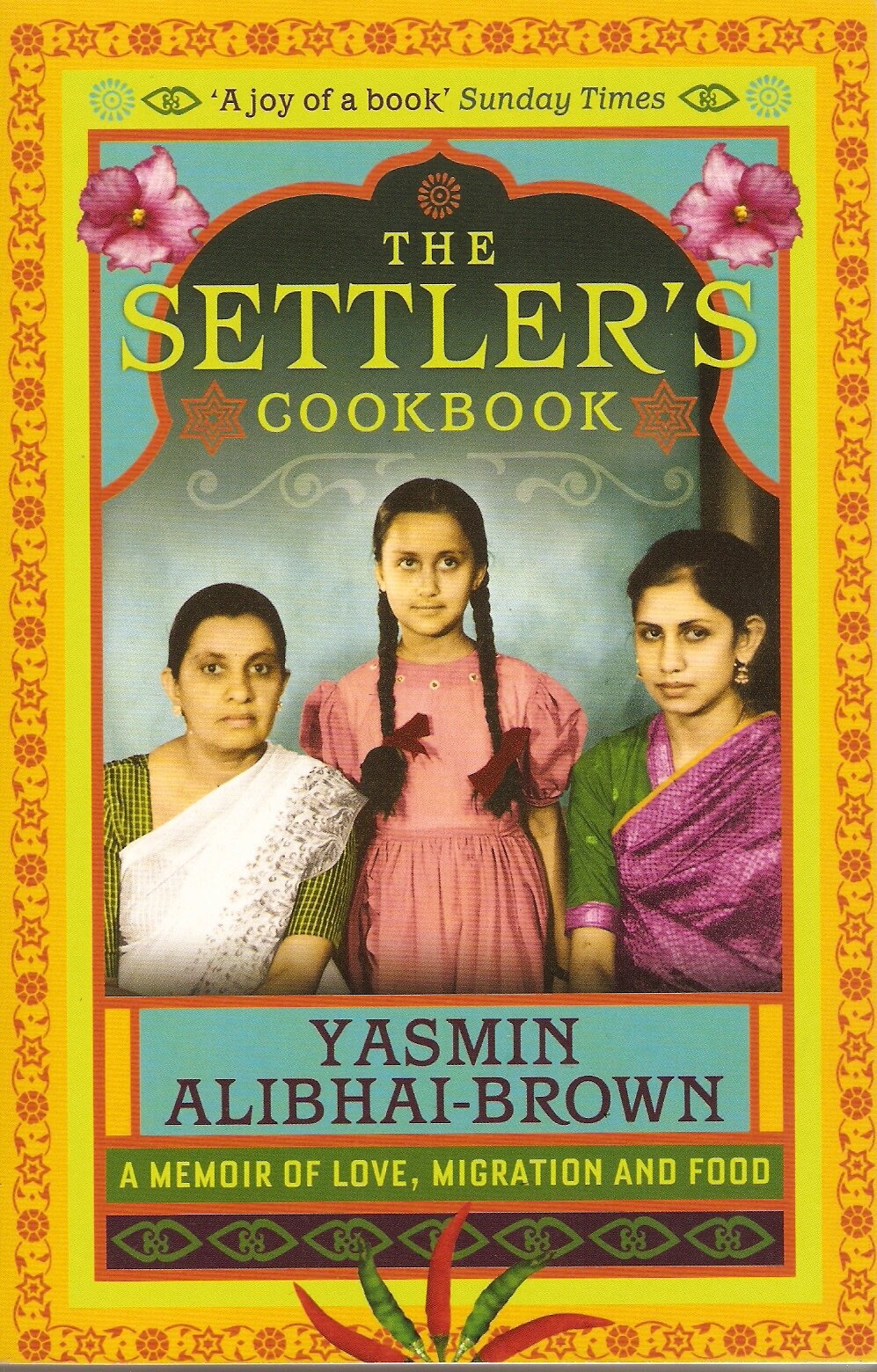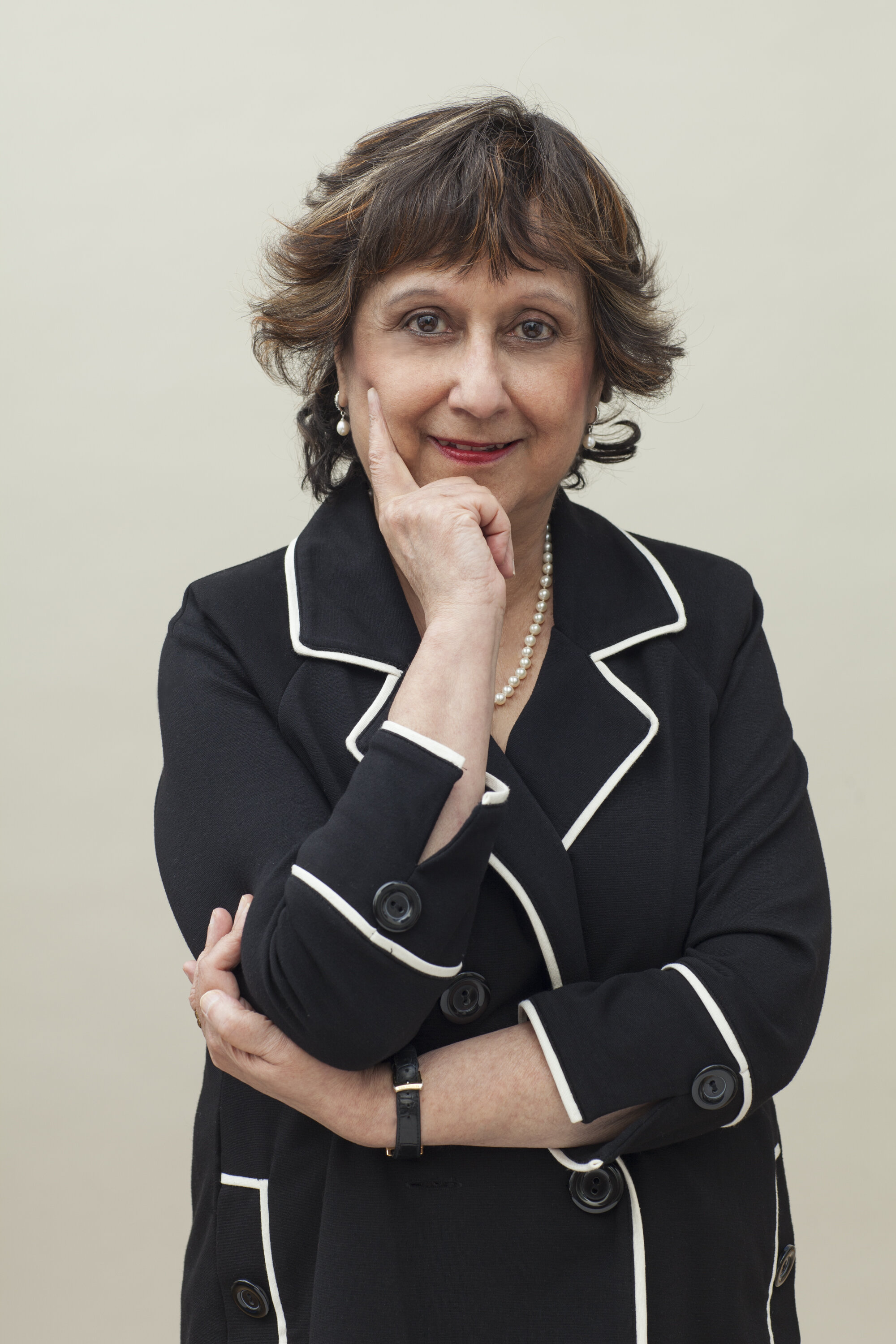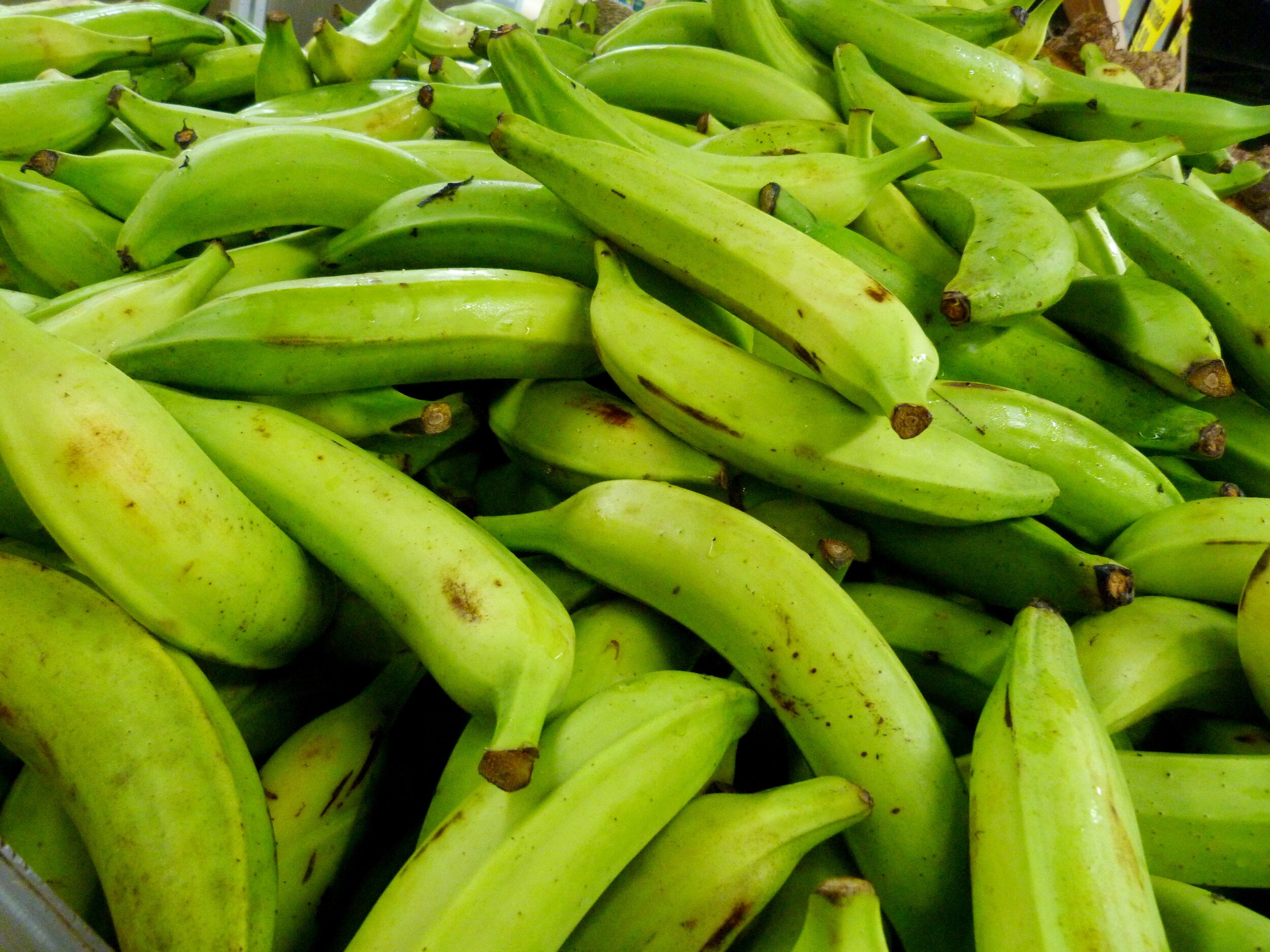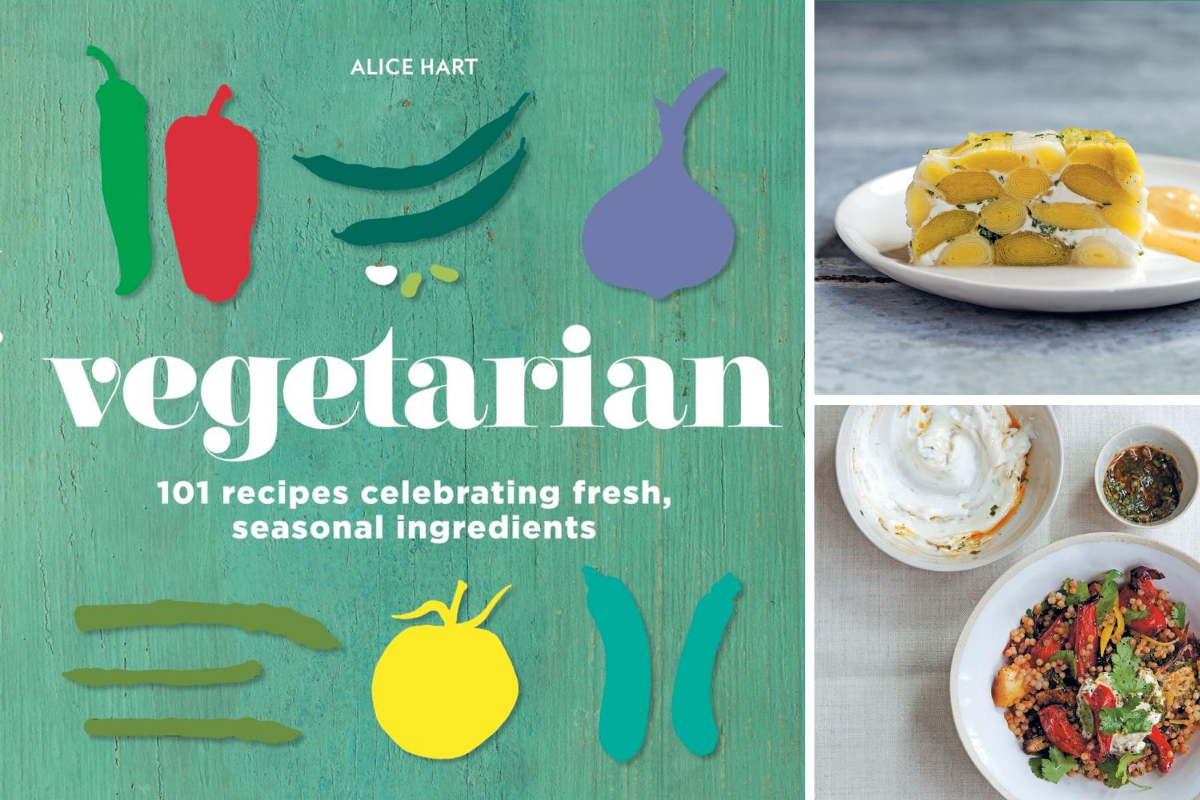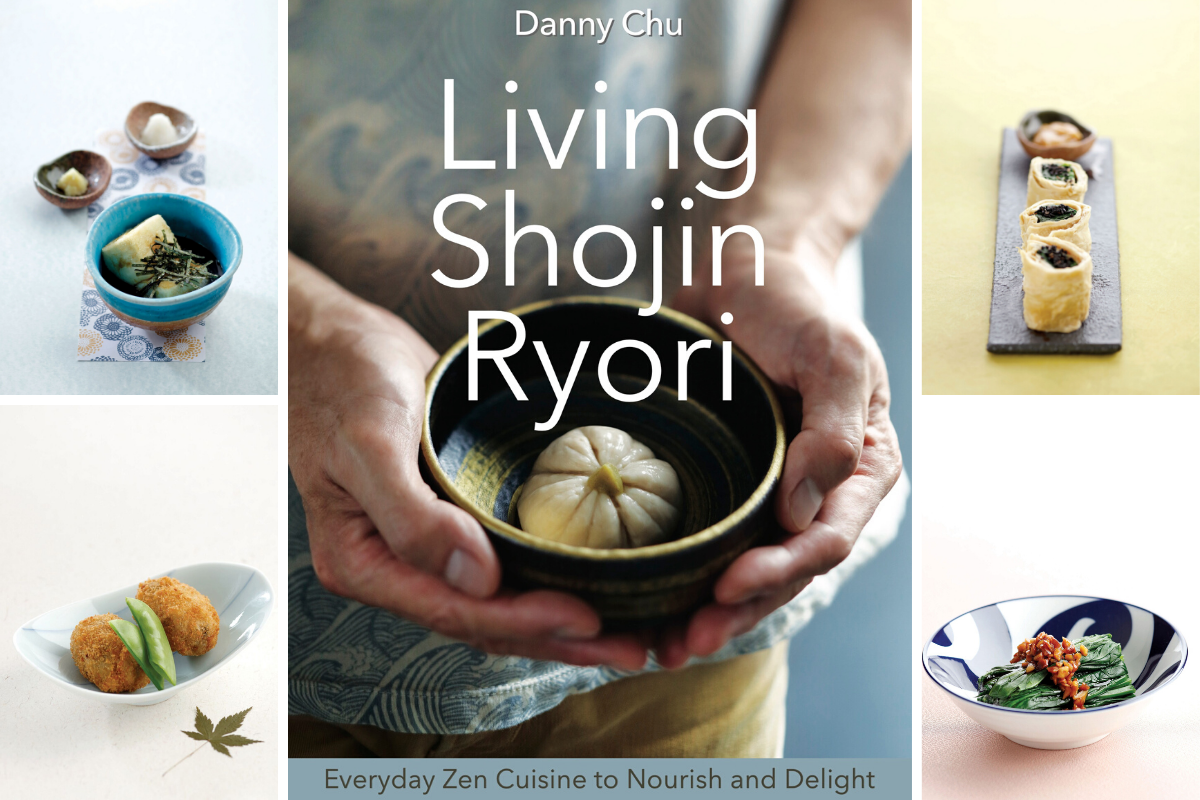Advertisement
Author Profile: Yasmin Alibhai-Brown, author of The Settler's Cookbook
7 April 2021 · Family Favorites · Author Profile
Journalist and broadcaster Yasmin Alibhai-Brown is a commentator on diversity, politics, human rights, and multiculturalism. She is author of No Place Like Home, True Colours, Some of my Best Friends Are… In Defence of Political Correctness, and other books.
Born in Kampala, Uganda, Alibhai-Brown studied English at Makerere University. In 1972, she left Uganda for the UK, shortly before Idi Amin’s expulsion of Ugandan Asians from the country. She completed a master’s degree in literature at University of Oxford in 1975, then taught English to immigrant and refugee communities before launching her journalism career.
Her love of words is matched by her love of food, as demonstrated in her 2008 book, The Settler’s Cookbook: A Memoir of Love, Migration, and Food. The book weaves together personal and family stories with recipes, creating a moving account of the East African Asian diaspora experience. The (very cook-able) recipes are the thread that holds it all together.
Interview (via Zoom): Susan Low
Q: You’re a political journalist and a commentator. What made you want to write a food memoir?
It was after my mother died. I was very, very close to her, and there were two things that I remembered about her. She used to cook in this cardigan that she never washed and it was frightfully smelly after all the things she cooked. I remember once a bus conductor asked her to leave because her cardigan was so smelly.
I kept that cardigan after she died. I realized that the way that I remembered her best was through those cooking smells. I still have the cardigan. Those smells have gone now, but for a long time they were still there. I thought the way that I could keep her alive was to write this book about her life – because these women, Asian women, and so many women around the world – they live and they die, and they’re not famous or rich, but these are the unknown heroines of life.
Also, I’d read a lovely book called Apricots on the Nile [by Colette Rossant] a French-Jewish-Egyptian woman. The life she described is gone. There are no Jews in Egypt at all any more, and at one time they were the heart of Cairo. We too have left Africa; we are the disappeared. I thought that was a lovely way of remembering – a memoir with food.
Q: You left Uganda in 1972 to come to Britain to study at Oxford. In the book you write about cooking equipment that you brought with you from Kampala. What did you bring, why – and do you still have it?
I can’t remember why I brought it, but I did. I’ll show you one of them [she shows me a pair of wonderfully battered hand-beaten metal sieves]. I also have a huge coconut grater. I can’t remember why I brought them with me – it must have been my mother. She was already here – they left Uganda before 1972. These items were handmade, by a man who I still remember. Can you imagine carrying those on a plane now?
Q: In your book, you write: “Our food bears testimony to this dynamic existence – creative, sometimes impertinent and playful blends of Indian, Pakistani, Arab, African, Chinese, and English, now Italian and American too, forever in flux.” What dishes, for you, are emblematic of the food you grew up with?
I would say My Mum’s Shepherd’s Pie. East African Asians added spices to the mince, some would put saffron water into the mashed potato, and one of my aunts used to put some freshly squeezed coconut into the mashed potato.
So you would have the Arab influence (the coconut), the shepherd’s pie is English – and so needing to be ‘repaired,’ as my mum used to say. She said you have to ‘repair’ English food with spices because it is so tasteless. She used to say, “The reason why these people from a small island could rule the world is to do with something in the food. We can’t eat it, it’s tasteless; we have to repair it.”
Q: How would you describe the style of cooking that you grew up with?
It’s fusion food, before the word was invented. It’s because of who we were. We weren’t really ‘Indian’ or ‘Pakistani’ by the 20th century. The original travelers or indentured laborers to East Africa were very attached to the Subcontinent. My generation were watching Indian films and wearing saris but, as I describe in the book, we’d become quite ‘wayward’ in Africa. India used to send these priests and mullahs coming to try to get us back in line. Culturally, we were already losing that deep attachment to India.
It’s part of cultural change as well. In the same way that British people have adapted the food of migrants, more than they have accepted anything else of ours. It’s the first thing that an open society does, and actually East African Asians are incredibly open to cultural influences. And I think that’s a good thing.
Then, of course, we came here [to the UK] and we had to have another set of adaptations. It’s never spooked us, because when you have no place in the world where you feel uniquely patriotic about, you become an international citizen. And my mother was like that, her friends were like that – it wasn’t just my generation. We’re not panicked all the time about cultural loss, because we’ve always seen it as a cultural gain. People know so little about us, which is why I wrote the book.
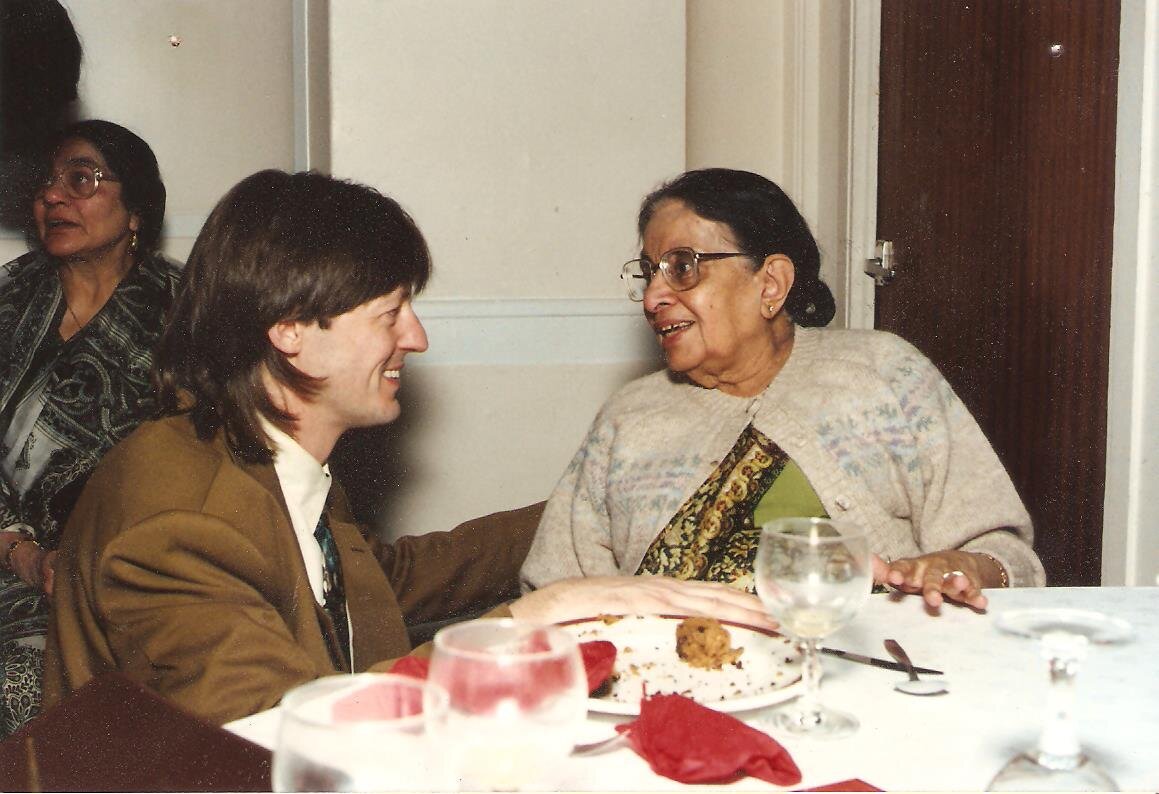
Yasmin’s husband, Colin Brown, with Jena, Yasmin’s mother, and the inspiration behind The Settler’s Cookbook.
Q: Do you think that food is of particular importance in diaspora communities?
There are two things that happen when you move away from where your ancestors were born. One is that you do want to keep that part of yourself; and the other one is that you want to take the best part of you with you. For many people the best part of what they take with them is food. It’s the first offering they make to the country they settle in, and it’s the first gift that is wholly and ‘heartfelt-ly’ accepted. Even in the most forbidding lands, the gift of food is a passport.
Q: Have perceptions of ‘Indian’ food in the UK changed since your student days at Oxford? If so, how?
Even in the 1970s, you couldn’t buy basic stuff like aubergines and peppers. Now, you can go to Morrisons and buy peppers and bananas. We opened that whole world to you.
There are amazingly well informed English connoisseurs of Indian food, which makes me very happy – but I think there is still a lack of knowledge about what a lot of us eat at home.
There is this idea of ‘authenticity’. I hate the idea of authenticity. Most white British people have only tasted northern Indian cuisine. Some have gone to Kerala and the south now go to vegetarian restaurants will be familiar with dosas and so on, but there is a whole world waiting to be discovered. And it will be.
My mother never taught me to cook. Her generation of women were so smart and they really wanted education, and just ended up in the kitchen. She said, “I don’t want you to think about being in the kitchen until you’ve had an education.” But she did teach me three things, which she said you cannot learn late in life. One was how to make chapatis and puris, and how to make rice. Those were the only three things she taught me.
So when I was married to my first husband and living in Oxford, and I couldn’t cook, I was on the phone to her, learning how to cook from her. Now I am an incredibly good cook. I think now, when indigenous British people learn to cook really difficult stuff – that’s a completely different experience from just eating – it’s about learning the life of the kitchen.
Q: Your book charts the highs and lows of Britain’s social history from the 1970s, through the Thatcher years and the Blair years, until 2007, just as Gordon Brown became Prime Minister, as well as the ups and downs of your own life. What is the dish you crave when you’re feeling happiest?
Well, I can tell you the dish when I’m feeling I need something: Akni, a meat and rice dish. It’s a particular East African Asian dish, not like an Indian pilau or a biryani – it’s a very delicate dish. East African Asian cooking is never overly spicy. It’s a one-pot dish with potatoes, rice and meat, either chicken or lamb, and we eat it with a fresh salad of tomatoes and onions. When I’m really feeling that I need to go back to something, I make this dish and I eat it with my hands. Food tastes different when you eat it with your hands.
And, when I’m feeling happiest... Matoke with Peanut Sauce. You steam it and make this lovely peanut sauce, with groundnuts with the skin still on. That’s one of my favorite dishes. It’s so simple and it takes me back.
Uganda is a joyous place. It’s had a terribly dark history. We went back with my second husband, Colin Brown, two years ago because he had never been. What he noticed, and what I’ve always noticed, is how happy people are. There’s a genuine happiness in the air. The people of Uganda are benign, happy contended people.
Q: What recipes would you recommend people try from your book to get a good idea of the food?
The Shepherd’s Pie; and also My Mum’s Coconut Dhal, which is a wonderful dish and not that difficult to make. And the Nan Katai wedding biscuits – this is again a ‘repaired’ recipe from the Brits. It’s Indian shortbread that’s been ‘repaired’ with the addition of saffron and cardamom. My granddaughter loves it and it’s so easy.
Q: Which cooks, chefs or food writers do you admire most, and which have influenced you the most?
I used Madhur Jaffrey’s An Invitation to Indian Cooking when it came out. But the book I use most is one of the few East African Asian cookbooks we have called Cooking With my Indian Mother-in-Law, written by an Englishman who married someone from my [Ismaili] community, and it’s got some of our food in it, and that I do use quite a lot.
I cook a lot. It’s my relaxation.
You can find every recipe from The Settler’s Cookbook, in full, on ckbk.
The interview was abridged for length and clarity.
Sign up for ckbk's weekly email newsletter
Related Posts
Advertisement

